On February 03, 1919 in Celtic History
Harry boland and michael collins engineer eamon de valeras escape from lincoln jail in england
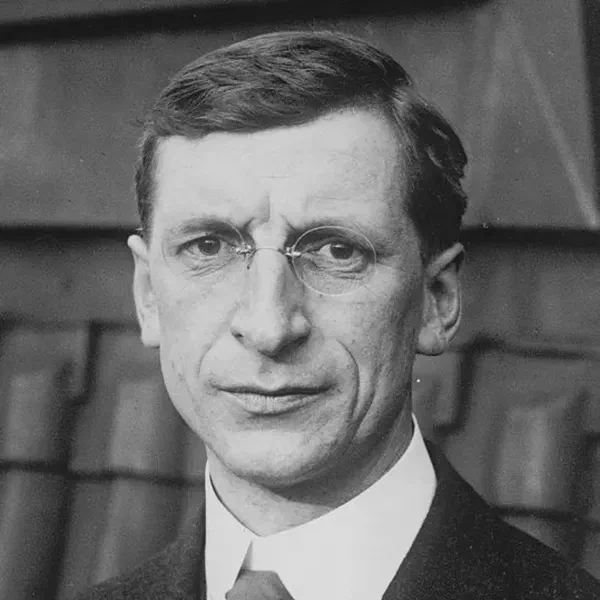
Harry Boland and Michael Collins played crucial roles in the escape of Éamon de Valera from Lincoln Jail in England on February 3, 1919. This daring escape is one of the most famous episodes in the struggle for Irish independence.
Éamon de Valera, a key figure in the Irish independence movement and the future President of Ireland, was imprisoned in Lincoln Jail along with other members of Sinn Féin and the Irish Republican Brotherhood (IRB) following the 1916 Easter Rising and subsequent activities against British rule in Ireland. De Valera was one of the leaders of the Easter Rising and had evaded execution, unlike many of his comrades, due to his American birth.
The plan for de Valera’s escape was masterminded by Michael Collins, who was a leading figure in the IRB and would later play a central role in the Irish War of Independence. Collins was known for his organizational genius and his ability to operate within the British surveillance apparatus.
Harry Boland, a close friend of both de Valera and Collins and an active member of the IRB, was integral to the escape plan. The plan involved smuggling a key into the prison to allow de Valera and his companions, Seán McGarry and Seán Milroy, to unlock their cell and walk out of the prison.
The key to the cell was smuggled into the prison by placing it in a cake. Once the prisoners had the key, they waited for an opportune moment to use it. The escape itself was relatively straightforward. After unlocking their cell, de Valera and the others simply walked out of the lightly guarded prison and met with their accomplices who were waiting outside.
Following the escape, de Valera, McGarry, and Milroy were hidden by supporters in the area before making their way back to Ireland. The escape was a significant propaganda victory for the Irish independence movement, embarrassing the British authorities and boosting the morale of Irish nationalists.
The event highlighted the ingenuity and daring of Collins, Boland, and their colleagues in the fight for Irish independence and set the stage for the intensified conflict that would follow, leading eventually to the signing of the Anglo-Irish Treaty in 1921 and the establishment of the Irish Free State.
More From This Day
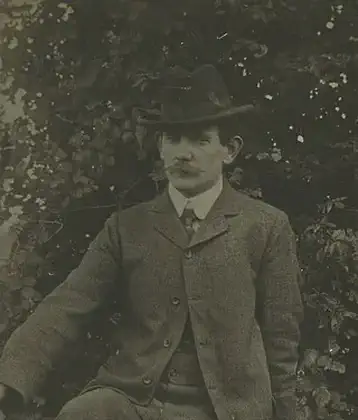
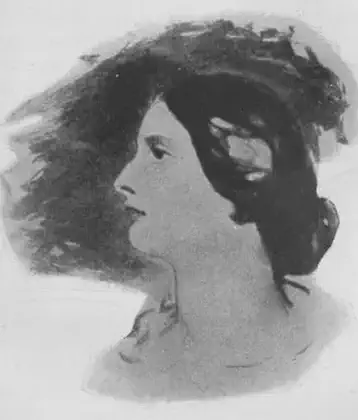
Lady Jane Wilde (Spiranza), poet, nationalist and the mother of Oscar, dies in London
February 03, 1896
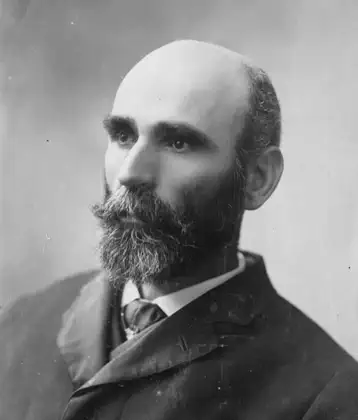
Irish Land League organizer Michael Davitt is arrested again in Dublin
February 03, 1881
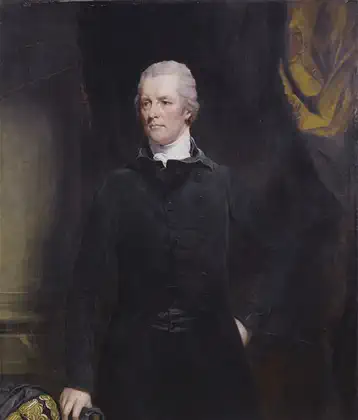
Prime Minister William Pitt resigns over royal veto on Catholic emancipation
February 03, 1801

Lord Netterville, indicted for the murder of Michael Walsh, is acquitted by his Parlimentary Peers
February 03, 1744